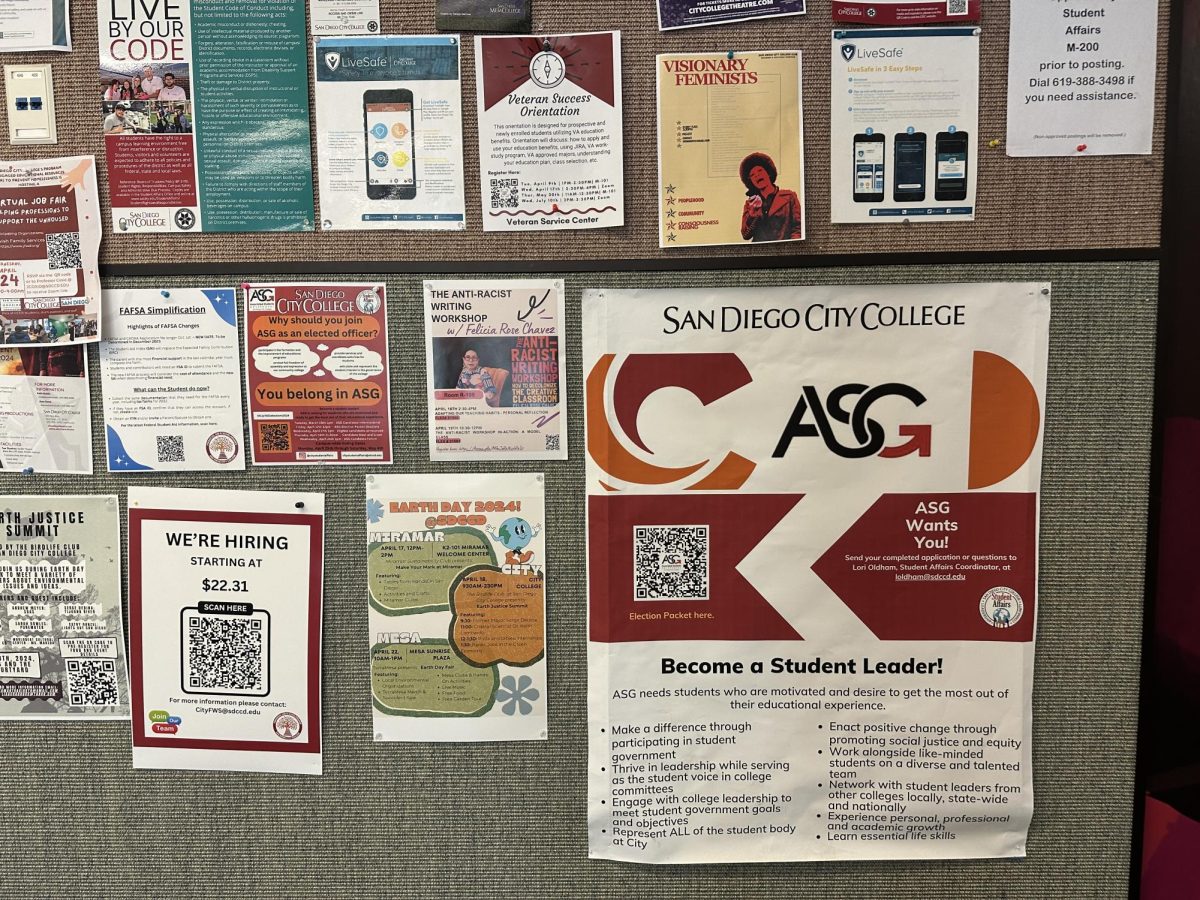Community college students have gained a new ally in the form of Salary Surfer, a website launched over the summer that shows how much they can potentially make after earning certain degrees and certificates.
Launched to the public in June by the California Community Colleges Chancellor’s Office, the site utilizes wage data to act as a tool in helping students make more informed decisions when investing in their education.
It displays approximate annual incomes for those who complete 179 of the most widely enrolled program areas including health, engineering and business among others.
The data varies, showing the earnings for graduates two years prior to earning the award, then again two years and five years after earning a certificate or degree.
An analysis of the data shows that students who complete associate degrees can more than double their earnings after two years in the workforce. The number nearly triples after five.
“This groundbreaking tool validates that California community colleges produce a tremendous return on investment for our state,” said Chancellor Brice W. Harris in a press release. “While future earnings should not be the sole determiner in choosing an education program, students and the public deserve to know what monetary return they can expect from their investment.”
Nearly 45 percent of students who were able to graduate with an associate degree could earn more than $54,000 annually five years after graduating, a number that an official press release states is higher than the median income level of someone with a bachelor’s degree living in California, according to the U.S. Census Bureau. That number could increase after five.
Of course this also depends on your area of study.
One of the programs that reaped the highest median incomes after five years in the workforce includes electrical and power systems transmission ($96,200). Those who earned degrees as physician assistants or in radiation therapy could be earning more than $90,000 five years after graduation while those with degrees in legal office technology or certificates in multimedia discipline could actually see their salaries decrease.
Visitors must also be advised that not all graduates earning wages will be found. Those employed by the federal government, or who are self-employed or employed out of state are among those who are excluded.
The surveys also does not include community college graduates who transfer to four-year institutes or continue on to other higher education avenues.
Harris notes that the state has become one of few in the nation to make these results public.
Indeed the site will act as a tool for prospective students or those who are already attending and are wondering about their investments.
The California Community Colleges represent the largest system of higher education in the nation, composed of 72 districts and 112 colleges and serving 2.4 million students per year.
Visit Salary Surfer at salarysurfer.cccc.edu/salarysurfer.







